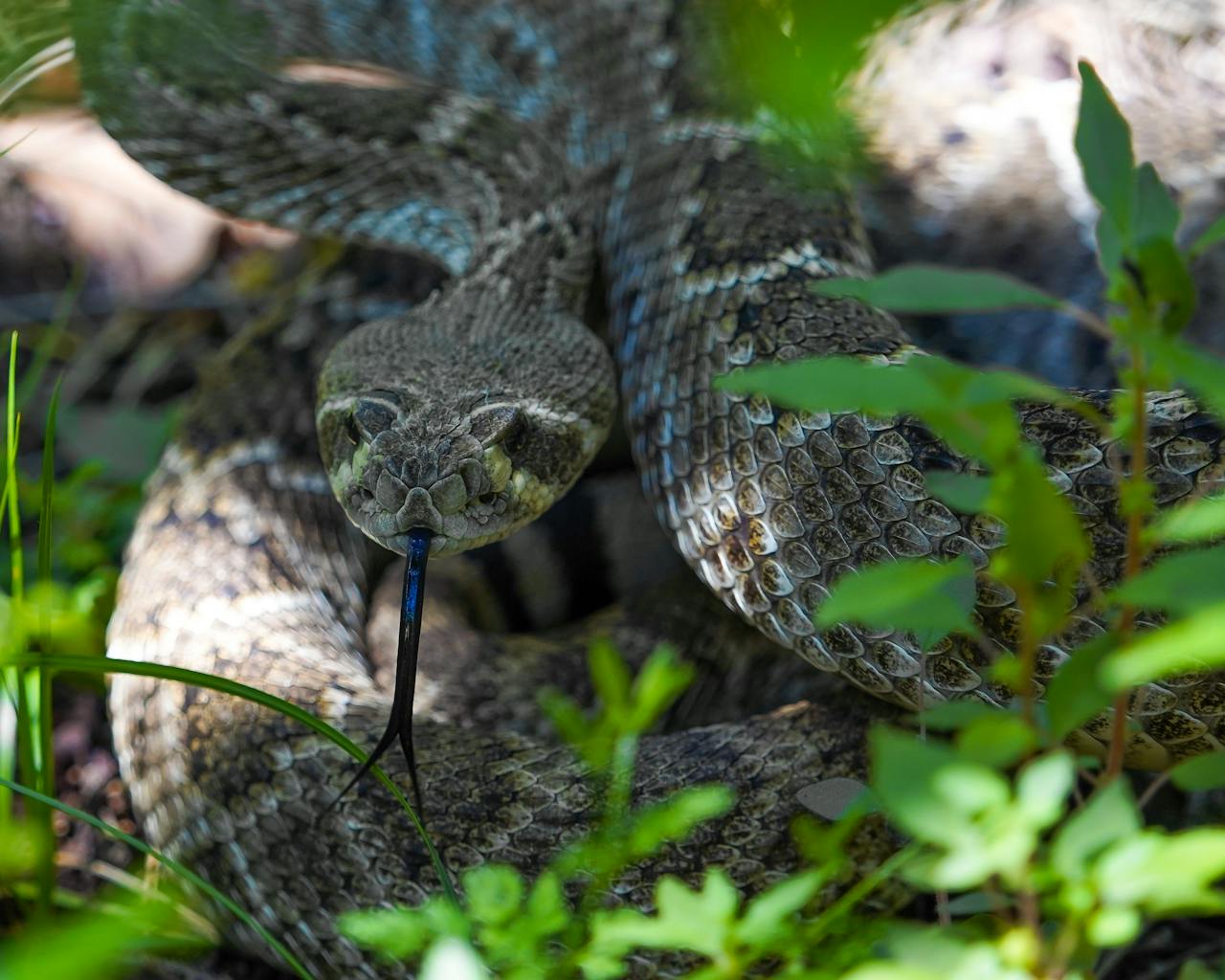Rattlesnake Vaccine for Dogs: What Pet Owners Need to Know

One way to protect your dog from the danger of a venomous bite is to consider getting them vaccinated with the rattlesnake vaccine.
This vaccine, first approved in California in 2003 and available across the U.S. since 2004, helps dogs build immunity to rattlesnake venom.
The Danger of Snake Bites
Each year in the U.S., roughly 300,000 dogs and cats are bitten by venomous snakes, according to Red Rock Biologics, the company behind the rattlesnake vaccine. Shockingly, dogs are 500 times more likely to get bitten by a poisonous snake than to catch rabies. Snake bites can be fatal or cause severe damage to muscles, the liver, and the nervous system.
Given the serious risk, dog owners in high-risk areas or those who spend a lot of time outdoors should consider adding the rattlesnake vaccine to their pet's routine shots.
How the Vaccine Works
The rattlesnake vaccine helps your dog's immune system produce antibodies that lessen the severity of a snake bite. It's especially useful for dogs living in regions where rattlesnakes are common or for those who might encounter them during outdoor adventures like hikes, camping trips, or hunting outings.
Dr. Paula Ibsen, a veterinarian with Red Rock Biologics, advises that dogs should get the vaccine at least 30 days before any potential snake exposure since it takes about that long to reach full protection. After the initial vaccination, dogs need a booster shot every six months to maintain their immunity.
Why Vaccinate?
The vaccine provides several key benefits. Dr. Ibsen explains that vaccinated dogs experience less pain and swelling if bitten, and their recovery is quicker. Even if there is some swelling, it usually subsides within 20 minutes.
In addition to protection against rattlesnake venom, the vaccine offers cross-protection against other venomous snakes like Copperheads and various rattlesnake species, including the Western Diamondback, Sidewinders, and Timber Rattlesnakes.
It's important to remember that no vaccine is 100% effective. If your dog is bitten, you should treat it as an emergency and seek immediate veterinary care, as antivenin may still be required.
Is It Worth the Cost?
While some pet owners might worry about the cost of the vaccine, treating a dog for a snake bite is often much more expensive. In the long run, getting your dog vaccinated could save you both money and the emotional toll of dealing with a dangerous snake bite.
Suppose you live in a rattlesnake-prone area, particularly in places like Southern California or the southwestern U.S. In that case, it's worth discussing with your vet whether the rattlesnake vaccine should be part of your dog's immunization routine.
Get insurance plans with wide-ranging coverage options













